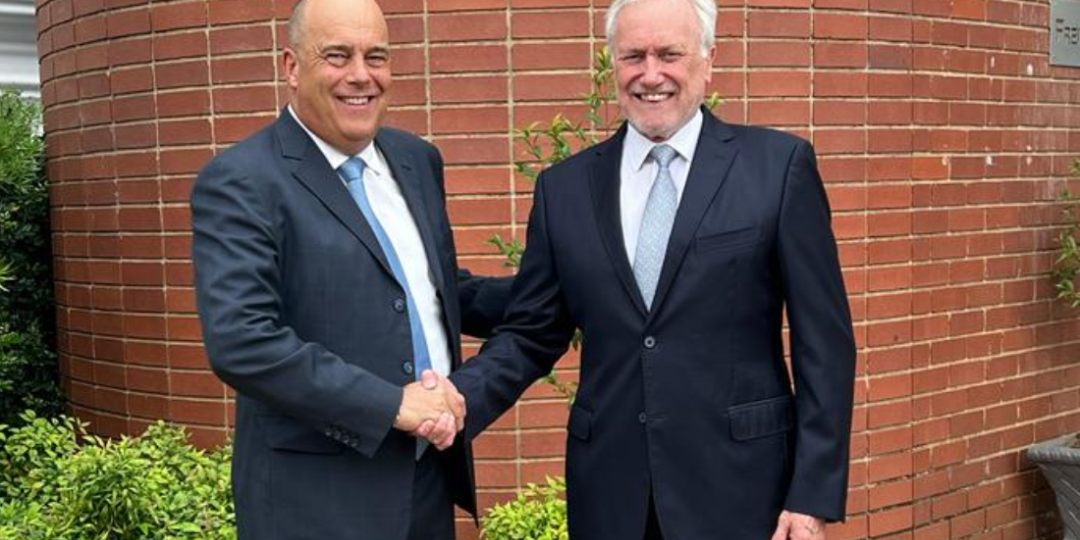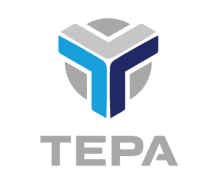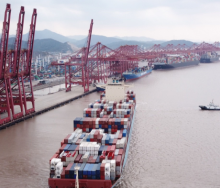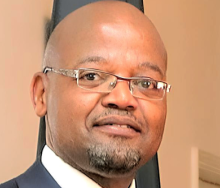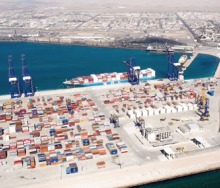Leading logistics company Freitan has appointed Paul Cheetham as its new non-executive vice chairman.
The decision marks a significant shift in the company's leadership structure and aims to leverage Cheetham's extensive expertise to drive future growth and strategic initiatives.
Cheetham, previously the managing director of Freitan, has been instrumental in the company's success, playing a pivotal role in its expansion and market presence.
With this transition, Cheetham takes on a new responsibility within the organization, contributing his valuable insights and knowledge to the board.
As non-executive vice chairman, he will assume a multifaceted role, encompassing strategic guidance to the board of directors and executive team, as well as a strong focus on training and development initiatives.
His appointment signifies a commitment by Freitan to bolster internal capabilities and cultivate talent within the organisation.
According to Arend du Preez, who has taken over as managing director, Cheetham's deep understanding of Freitan's operations and extensive experience in the logistics sector make him an ideal fit for this elevated position.
Cheetham, also an international board member of Fiata, expressed his enthusiasm and gratitude for the opportunity.
"I am honoured to take on this position. Working with such a talented team has been an incredible journey, and I am excited to continue contributing to the company's success in this new capacity.
"I look forward to collaborating with the board and executive team as we navigate the ever-evolving technology landscape."
Cheetham started his career in logistics at age 21 after finishing his studies in London.
"I was introduced to the airfreight sector in the 70s when joining Miller Weedon in Johannesburg. The South African economic and political landscape was vastly different at that time. Those were the days when the rand was stronger than the dollar, and China didn't feature as a trading partner. Airway bills were typed on carbon paper-laced documents, while computers and mobile phones hadn't been invented."
He remembers how communication with overseas partners required using telex machines, and letters in the mail were the norm.
"Fax machines were a novelty. Internal communication was by handwritten or typed 'memos' placed in large envelopes and carried by hand from office to office, care of a full-time employee who acted as a de facto postman.
“Interfacing with suppliers and service providers was a far simpler process than today. Clearing agents could sit across the desk from the controller of customs to discuss and resolve customs queries over a cup of coffee."
While life was conducted differently back then, the pressure and demands of what Cheetham describes as an "eclectic and colourful industry" remain the same today.
"In some respects, the climate of the seventies required greater creativity, innovation, and entrepreneurial initiatives to solve many complex problems in satisfying the import and export fraternity," he says.
"Back then, the South African freight market was largely dominated by local agents such as Freight Services, Miller Weedon, IndoAtlantic, Cohen Goldman, Micor, and other companies that have since disappeared from the logistics scene.
The fledgling multinational market saw names such as AEI, Circle, Pandair, Burlington, MSAS, Emery, and others who are mostly distant memories. The burgeoning business of the large airfreight consolidators and the concepts of 4PL, end-to-end supply chain solutions, and multimodal transportation were emerging.
Handling airfreight at that time required the industry to act as airline agents, selling predetermined rates for a commission, often delivered in cash."
He states that today's challenges must be viewed against the backdrop of constantly evolving technology and the global turmoil and uncertainty that prevail and permeate the world of logistics.
"The modern logistics professional needs different skills to those that sufficed in yesteryear. Today and in the future, managing risk and financial exposure is paramount. An understanding of technology, an ability to read and understand financial statements, to be aware and adept at dealing with contractual obligations, and the demanding legal requirements in an ever more regulated world are a must."
